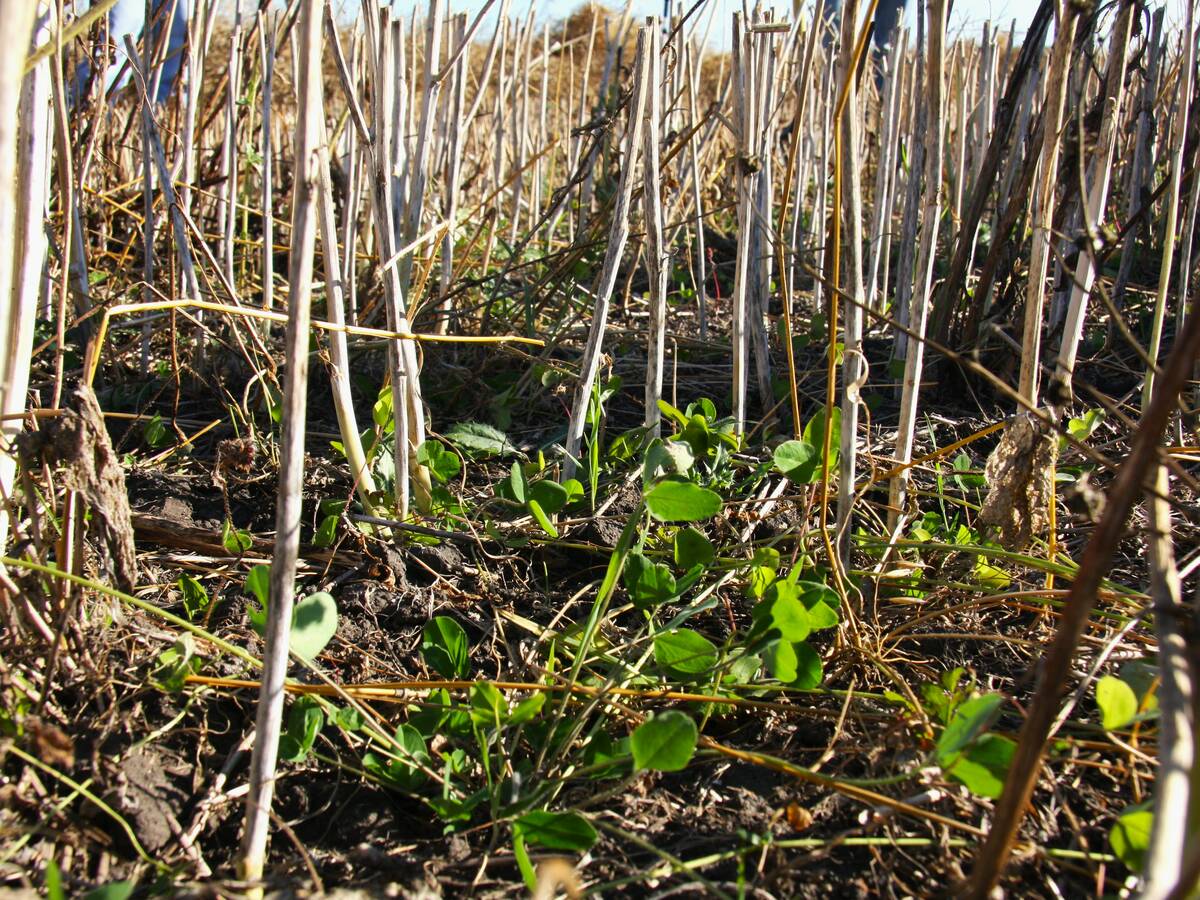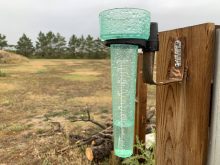A high-speed disc from Ukraine suits prairie conditions because the farmland is similar
High-speed discs have caught on in the last decade. However, premature bearing failure can be an issue, caused by speed and the violent work expected of the machine.
One of the latest high-speed discs to enter the Canadian prairie market is the Lozova Ducat from Ukraine. The Ukrainian heritage of this drill should come as no surprise for several reasons:
Read Also

Saskatchewan project sees intercrop, cover crop benefit
An Indigenous-led Living Lab has been researching regenerative techniques is encouraging producers to consider incorporating intercrops and cover crops with their rotations.
• Most of Ukraine’s cropland is like cropland on the Canadian prairies.
• Ukrainian’s ag implement industry is innovative like the ag industry sector is in Western Canada.
• Bearing failure and bearing maintenance cost real money, regardless of where you farm.
That’s why Rus Douglas imported Lozova Ducat high-speed disc from Ukraine.
“Bearings are the main reason we’re import ing these drills. Lozova bearings will outlast any other bearing on the market,” he said.
Douglas, best known for importing MTZ tractors, owns R & D Sales and Service in Wadena, Sask. He said about 50 of the heavy-duty disks have been imported in the four years Ducat has been available in Canada.
“Farmers really don’t like maintaining bearings in the off season or fixing bearings when they fail while they’re working. The Lozova company was building bearings for 100 years before they turned their attention to agricultural implements.
“Bearings in their high-speed disc are the same as bearings installed on high-speed trains in Europe. Some of those trains run at 200 km-h and those bearing carry a one million kilometer warranty. Lozova reduced the size of that same bearing and installs it in their Ducat disc cultivator.
“It will outlast any bearing you typically see in agriculture. It’s an enclosed bearing, lubricated at the factory, so you never have to grease it.”
Douglas said the 22-inch notched blades seem to have a long lifetime. The frame folds up into a nine-foot-wide transit package. He orders all units with heavy duty rolling baskets.
Row spacing is seven inches between discs. The back row cuts down the middle where the front disc row didn’t cut.
He said a farmer who wants the advantages of the Lozova system but doesn’t want to buy a whole new machine could buy individual Lozova shank units and install them on an existing four-inch box tube.
However, Douglas said, the company has individual components priced high because they have trouble serving their own supply chain.
Early bird buyer — James Akrigg has three growing seasons on his 20-foot Ducat. He said there’s been no problems and very little disc wear after 5,000 acres.
“I like the idea of no maintenance bearings. That saves me a lot of time. I used to have a tandem disc. I was always breaking shafts and replacing bearings,” Akrigg said.
“I’m an organic farmer, so I depend on my cultivator a lot. I need to have that machine always ready to go because I have no other means to control weeds.
“I go four inches deep when I’m breaking pasture. For seedbed preparation, I just go lightly at about one inch. That works well.”
War sucks — Douglas reports that the main Lozova factory is still building bearings, discs and complete cultivators. The head office, located too close to the Belarus border, ha s been destroyed by Russia. The plant that builds hydraulic cylinders is also shut down.
But the main plant located 200 kilometres to the west remains busy for now. Douglas said they are to run in full production mode, but there are many shutdowns because of intermittent power outages.
“The way it goes now is cultivators are taken by truck as far as the Black Sea. Then the load is transferred to ships whatever destination it’s consigned. For our customers here, we already have a new 40-foot Ducat on order and on the way. That’s a full load for a 40-foot container.
















